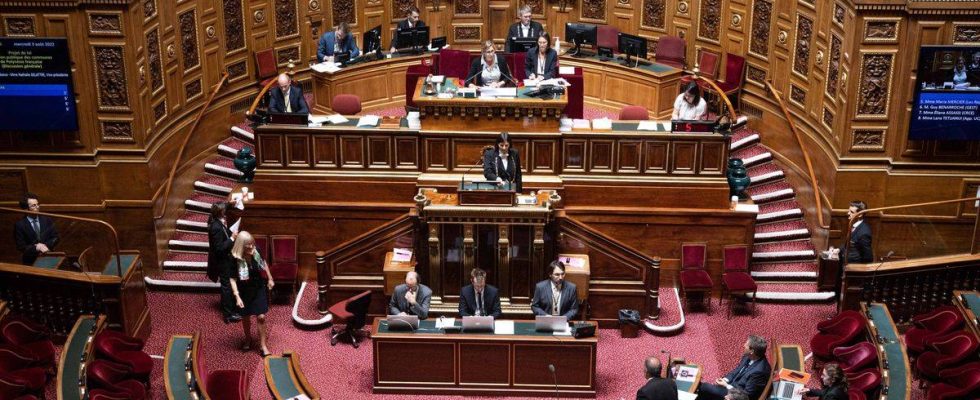While the universe of social networks is in perpetual expansion and restructuring, the laws governing their use called for a serious update. On Wednesday, the Senate adopted a bill which plans both to secure the Internet, but also to regulate it. The beginning of this vote took place in the particular context of the violence following the death of Nahel, a 17-year-old young man killed by a policeman in Nanterre on June 27. During these riots, the question of the responsibility of social networks and their control was raised.
Among these new rules, we find in particular the fight to limit accessibility to pornographic sites for children and the establishment of an “anti-scam filter” in the face of the multiple attempts at scams by email or SMS noticed in recent months. Another major change, the Senate has also adopted a device to increase the powers of the Regulatory Authority for Audiovisual and Digital Communication. The Arcom will now be able, without waiting for a judge’s decision, to block the downloading of pornographic applications or sites that do not respect the legal control of age limits.
Fighting hate online
The text also provides for a new additional penalty of “banishment” from a network that a judge can pronounce when he condemns a person for acts of online hatred, cyberbullying, or other serious offenses. A new “offense of online contempt” was also voted. He will be punished with a fixed tort fine (AFD) of 300 euros to 600 euros.
The Senate also gave the green light to government amendments explicitly targeting “deepfakes” or “hypertricks”, synthetic techniques that concern disinformation. Other measures have also been validated, such as the regulation of competition in the IT market, particularly in the cloud.
“Just a first step”
Senator Annick Billon (Centrist Union) indicated that “the fight against the pornographic industry has won through this text”. “This text constitutes an ambitious first step, but only a first step, which must continue in the course of the parliamentary shuttle, which will have to take into account the contributions of the Senate, and at European level with the many texts currently under discussion on the digital regulation,” adds Senator Catherine Morin-Desailly (UC).
However, the left was more “doubtful” about the “operational nature” of the device, as the ecologist Thomas Dossus pointed out, a doubt which remains shared by Senator LR Marie Mercier. “It is important to mention that ‘securing and regulating’ is not just about prohibiting and punishing”, according to Ludovic Haye (RDPI).

